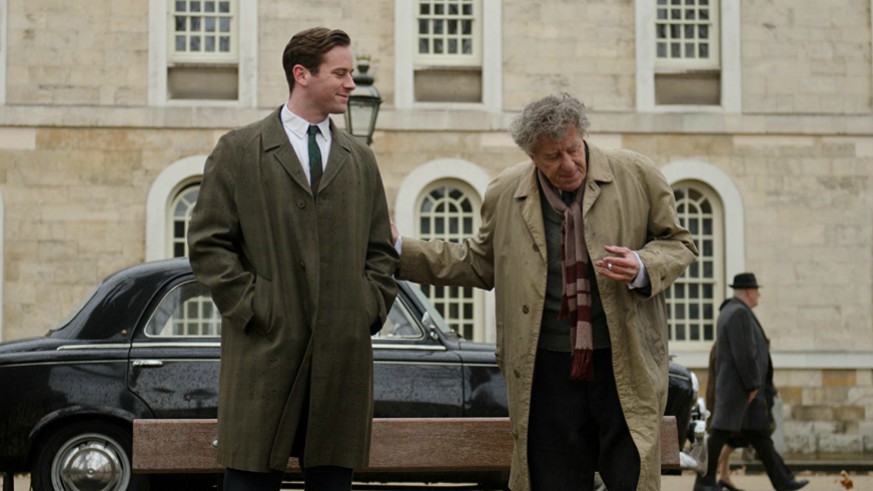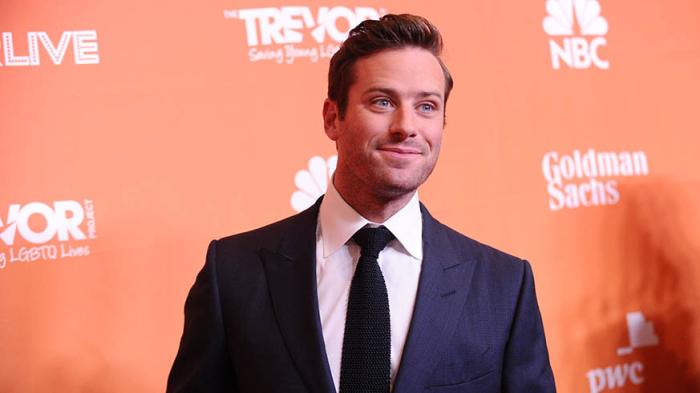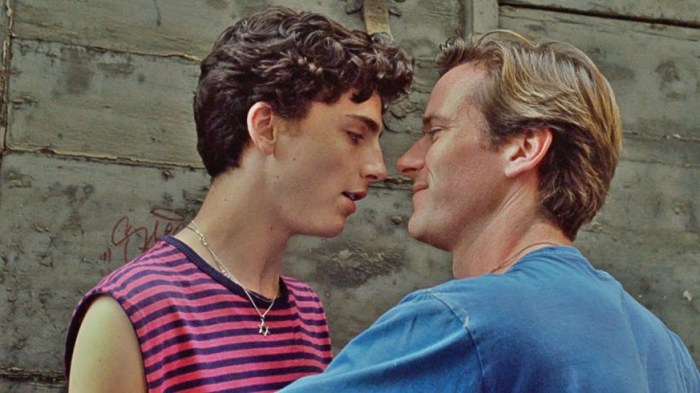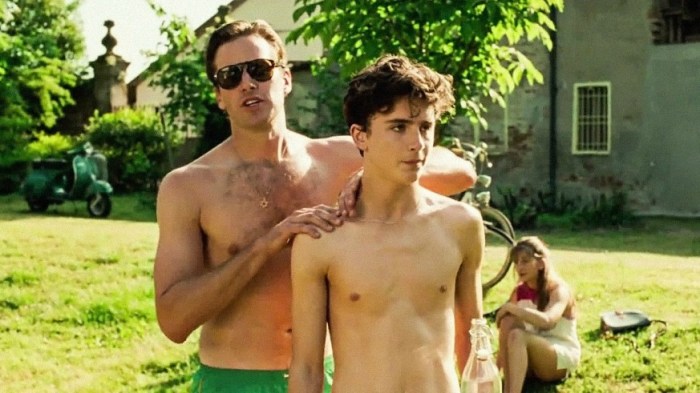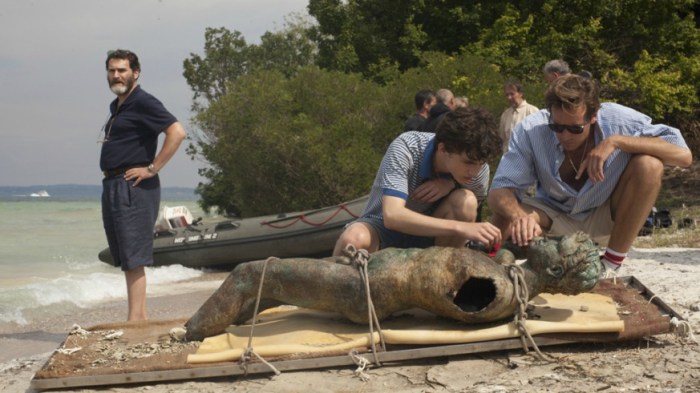Stanley Tucci is primarily known as one of Hollywood’s finest character actors, instantly improving the likes of The Terminal, The Devil Wears Prada, Julie & Julia, Easy A, The Hunger Games franchise, Spotlight and The Lovely Bones with his performances, the latter of which earned him a Best Supporting Actor Academy Award nomination.
But the 57-year-old has also turned his hand to directing throughout his career. “Final Portrait” marks his fifth film as a director. It revolves around famed artist Alberto Giacometti’s prolonged attempts to paint his friend James Lord in Paris in 1964, and the frustration and joy that came with it.
I recently had the chance to speak to Stanley Tucci about “Final Portrait,” what he wanted to explore about the creative process and why he believes that Armie Hammer gets undue criticism.
What originally drew you to write and direct ‘Final Portrait’?
I was always interested in Giacometti’s work. Then I found a book called Giacometti Portrait upon which the film is based. I just loved the book. I felt it was the best book ever written about the creative process. I always thought about trying to make it into a movie. I finally got the guts years later to ask James Lord for the rights. It took 13 years to get it made, but we finally did it.
What is it about the creative process that you wanted to explore?
It is very hard to make a story about two people just sat in a room. The film could very easily be like watching paint dry. Literally. But I wanted to explore the dynamic of someone being painted and the creative process, the frustrations, the highs the lows of it, the intellectualization of it, the impulsiveness of it, the seriousness of it and the comedy of it. Because to me it is funny. And Giacometti had all of that, because he was so self-effacing.
What did Geoffrey Rush and Armie Hammer bring to the film?
Geoffrey was the most obvious choice because he has a physical resemblance to Giacometti, even though he was in make-up for an hour and a half and we changed his physical shape. But he was able to do that because he is such a great actor. But with Armie, you know there were a few other people, because it had been in development for so long. But I’ve always loved him, and when we talked he was just such a lovely, lovely man and an incredible actor. I feel very lucky that we were able to get him. Both of them.
I feel as though Armie Hammer gets undue criticism, why do think that is?
He is an easy target because he is handsome, he is nice and he is talented. I think people are really seeing his depth now. A lot of the films he made before were bigger Hollywood movies. I think it’s really great that he is doing these small independents. He has really good taste. A really good eye. He likes to do things different. He likes to challenge himself. I really admire that. He will have a really long career because of that.
“Final Portrait” is released in select New York cinemas on March 23, while a national release will follow.

